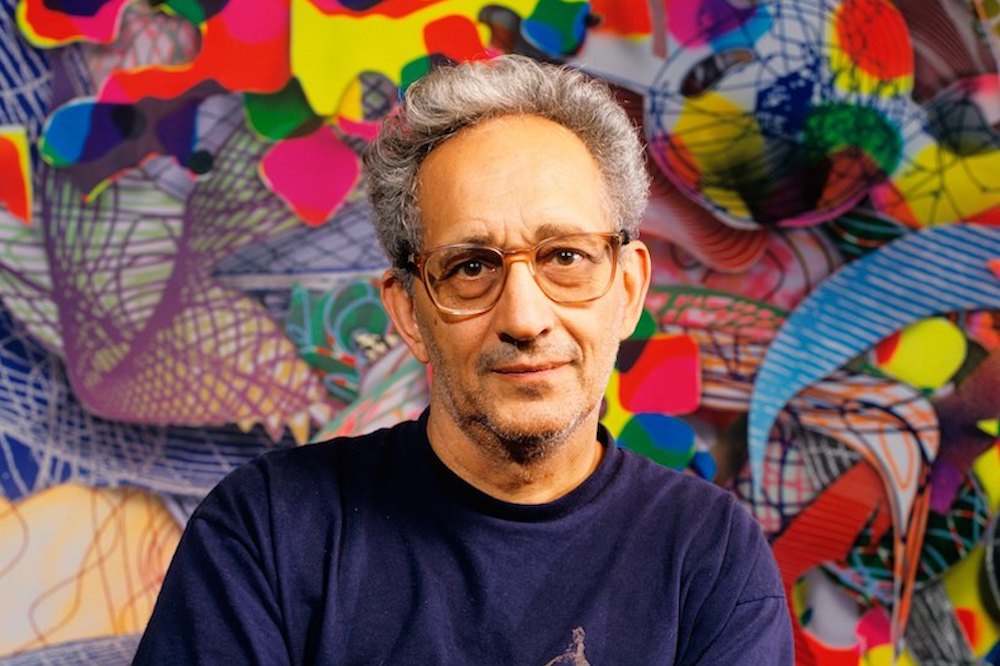Our daily round-up of news from the art world
Hauser & Wirth opens non-profit institute for artists’ archives | The gallery Hauser & Wirth has announced the launch of a non-profit foundation for the preservation, cataloguing and digitisation of artists’ archives. The Hauser & Wirth Institute in New York will launch its first projects, including a catalogue raisonné of Franz Kline paintings between 1950–62, under the directorship of Jennifer Gross, formerly chief curator and deputy director of the deCordova Sculpture Park and Museum in Lincoln, Massachusetts. The institute will also give out postdoctoral and senior scholar fellowships, valued at $50,000 and intended to support a year of research, as well as a $10,000 pre-doctoral fellowship.
Banksy works confiscated from Brussels exhibition | The Guardian reports that 58 works by Banksy, on view in an exhibition in Brussels, have been seized by bailiffs amid a dispute over whether the works’ owner – who, according to reports, is the gallerist Steve Lazarides – had authorised their display. The exhibition is organised by Strokar Inside, a non-profit whose lawyers say they were offered the show by the German company On Entertainment. Strokar Inside went to court and asked for the works, thought to be worth £13m, to be impounded while the dispute is ongoing.
French court rules in dispute over Majorelle trademark | The Paris Court of Appeal has ruled that the Fondation Pierre Bergé-Yves Saint Laurent can continue using Majorelle as its trademarked name for the Jardin Majorelle in Marrakech, reports The Art Newspaper. The lawsuit was first raised in 2013 by Michel Pidancet, the grandson of the second wife of the painter Jacques Majorelle, who originally built the villa and gardens in the 1930s before it was bought and restored by Yves Saint Laurent and Pierre Bergé in 1980. The court ruled against Pidancet’s request to cancel the trademark because he did not share Majorelle’s name or DNA.
Unlimited access from just $16 every 3 months
Subscribe to get unlimited and exclusive access to the top art stories, interviews and exhibition reviews.




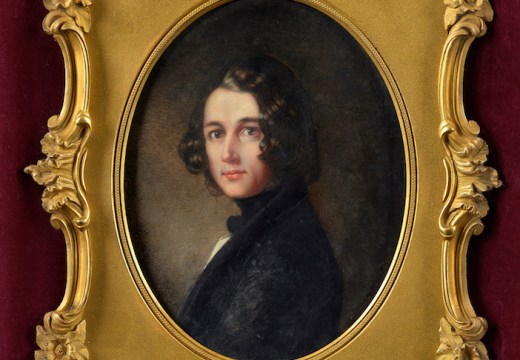
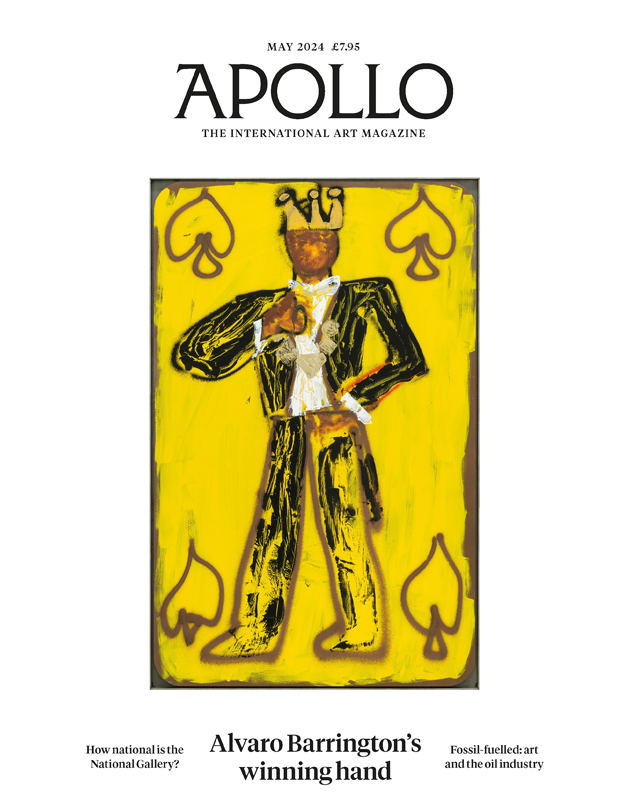
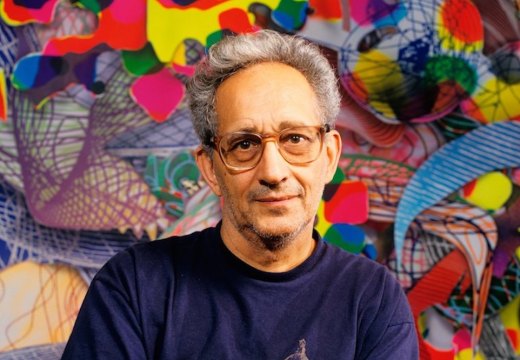

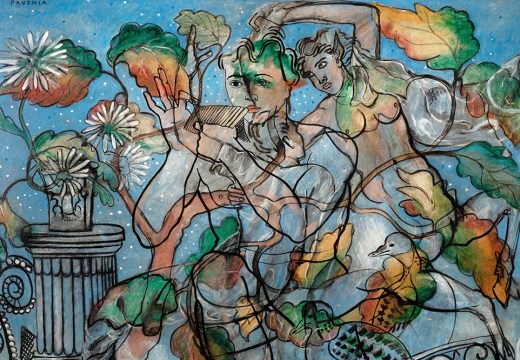





![Masterpiece [Re]discovery 2022. Photo: Ben Fisher Photography, courtesy of Masterpiece London](http://www.apollo-magazine.com/wp-content/uploads/2022/07/MPL2022_4263.jpg)




